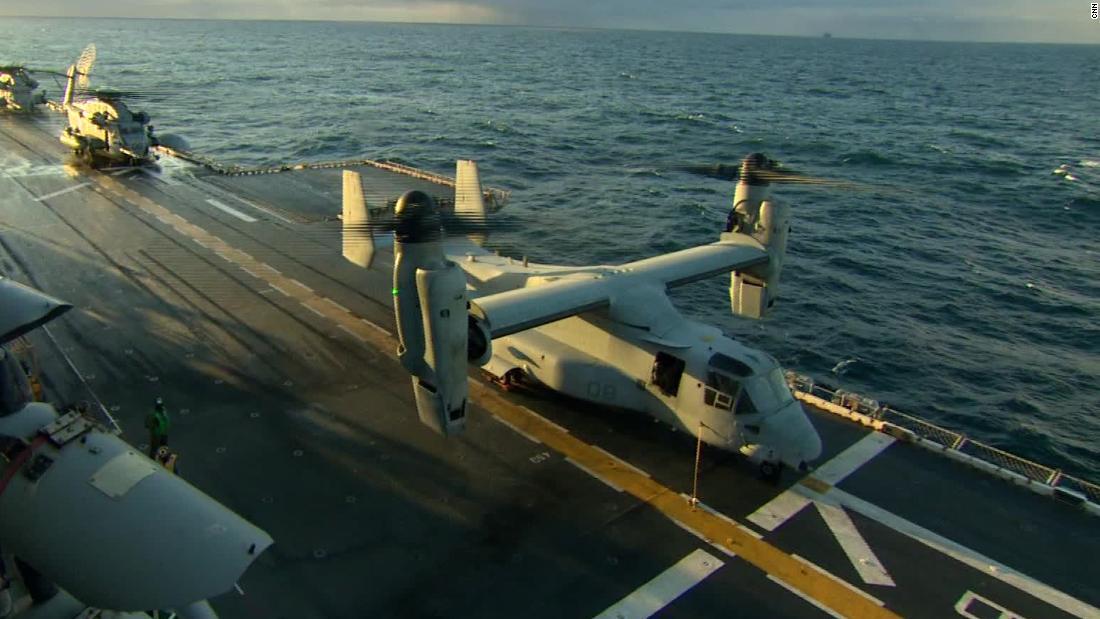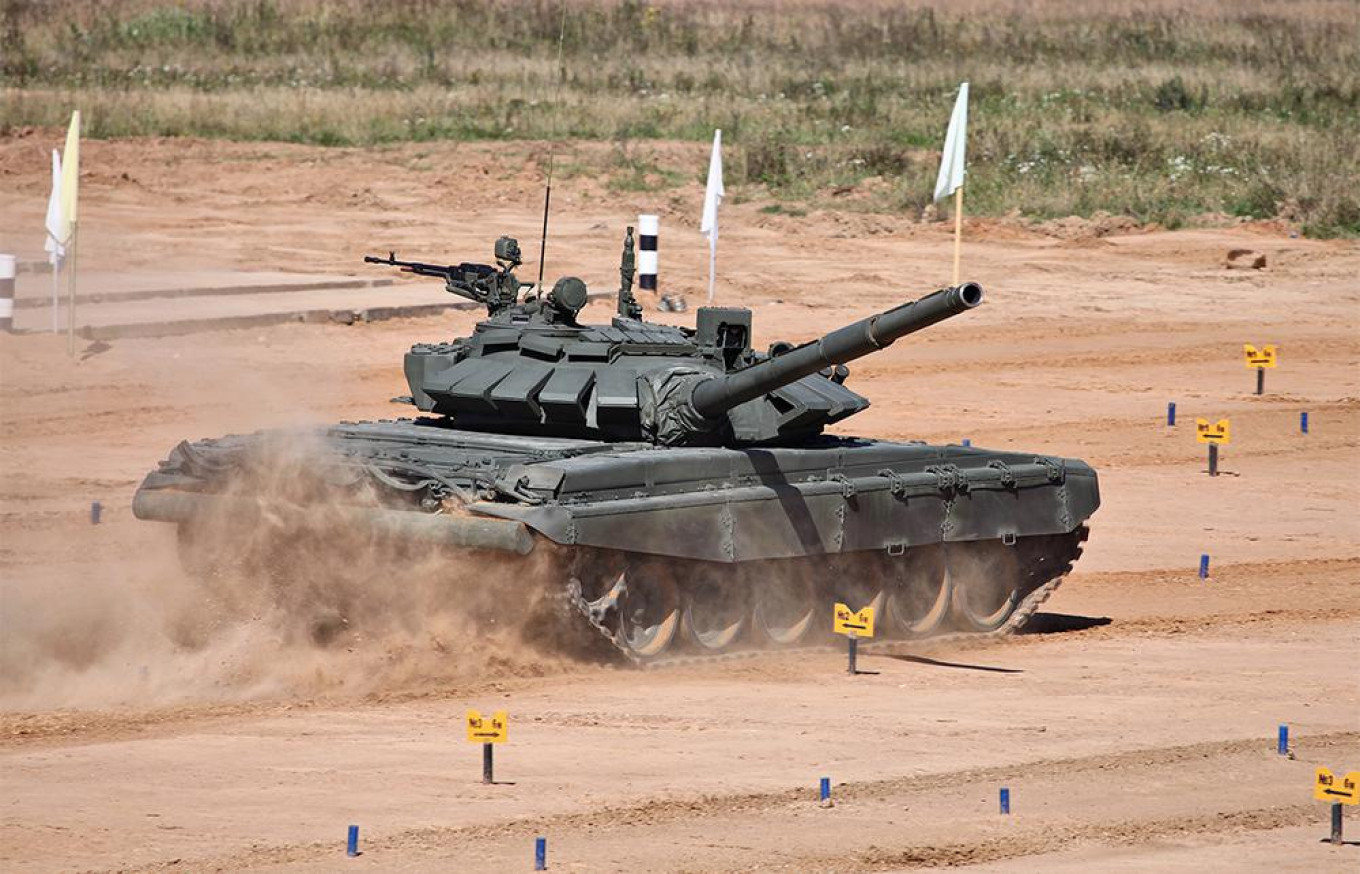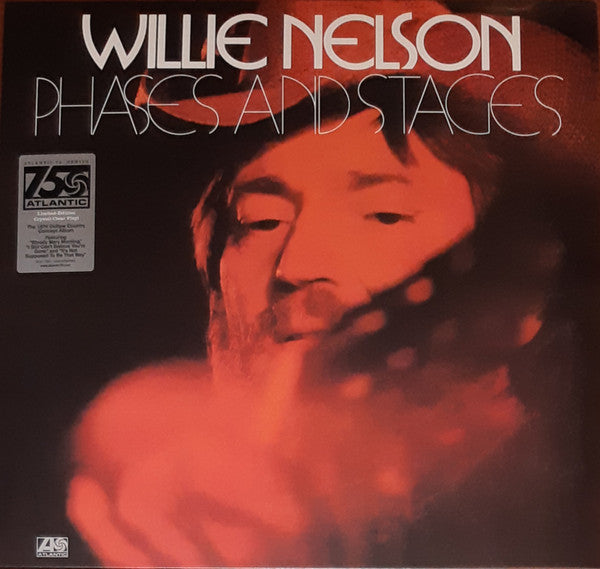Russia's Military Buildup: What Concerns Europe?

Table of Contents
Increased Military Spending and Modernization
Russia's defense budget has seen a substantial increase over the past decade, reflecting a concerted effort towards military modernization. This investment translates into the development and deployment of advanced weapons systems, fundamentally altering the balance of power in the region. The implications for both conventional and nuclear deterrence are profound.
-
New Weapons Systems: Russia has invested heavily in developing and deploying cutting-edge weaponry, including hypersonic missiles like the Avangard and Kinzhal, advanced fighter jets such as the Sukhoi Su-57, and modernized nuclear capabilities. These advancements significantly enhance Russia's offensive capabilities and complicate existing defense strategies.
-
Modernization of Existing Weaponry: Beyond new systems, Russia has focused on upgrading existing weaponry and infrastructure, improving the effectiveness and survivability of its forces. This modernization includes improvements to tanks, artillery systems, and air defense networks.
-
Data on Defense Spending: While precise figures are subject to debate, independent analyses consistently show a substantial percentage increase in Russia's defense spending compared to previous years, indicating a clear prioritization of military expansion. This substantial investment underscores the seriousness of Russia's military ambitions.
Deployment of Troops and Military Exercises
The strategic deployment of Russian troops near European borders, coupled with the increased frequency and scale of military exercises, is another major source of concern. These actions contribute to heightened tensions and raise questions about Russia's intentions.
-
Troop Movements and Exercises Near NATO Borders: Reports of significant troop movements and large-scale military exercises near the borders of NATO member states have become increasingly common. These activities are often conducted with little or no prior notification, amplifying anxieties about potential aggression.
-
Implications for Regional Stability: The sheer scale and proximity of these military activities pose a significant risk to regional stability. The potential for miscalculation or accidental escalation is a serious concern.
-
Power Projection and Intimidation: Military exercises serve not only as training but also as a tool for power projection and intimidation. Russia utilizes these displays of military might to assert its influence and potentially deter potential adversaries.
-
NATO and European Response: NATO and other European countries have responded to these actions with increased vigilance, enhanced military deployments in Eastern Europe, and strengthened cooperation to deter further aggression.
Aggressive Actions and Territorial Disputes
Russia's actions in Ukraine, including the 2014 annexation of Crimea and the ongoing conflict in eastern Ukraine, exemplify a pattern of aggressive behavior that directly challenges European security. The use of hybrid warfare tactics further complicates the situation.
-
Ukraine Conflict and its Impact: The conflict in Ukraine, marked by military intervention, disinformation campaigns, and support for separatist groups, has had a profound and destabilizing effect on the entire region. It serves as a stark example of Russia's willingness to use force to achieve its geopolitical objectives.
-
Disinformation and Cyber Warfare: Russia has employed disinformation campaigns and cyber warfare tactics to destabilize its neighbors and sow discord within their societies. These actions undermine democratic processes and further exacerbate tensions.
-
Implications for International Law and Norms: Russia's actions in Ukraine represent a clear violation of international law and established norms regarding territorial integrity and sovereignty. This disregard for international rules raises significant concerns about the future stability of the international order.
-
Other Territorial Disputes: Russia's assertive foreign policy extends beyond Ukraine. Territorial disputes with other countries, such as those involving its neighbors in the Caucasus region, add further layers of complexity to the overall security situation.
The Impact on NATO and European Defense Strategies
Russia's military buildup has significantly impacted NATO's defense strategies and fostered increased cooperation among European countries on defense matters. The response has been multifaceted, focusing on deterrence and collective security.
-
Increased NATO Military Presence in Eastern Europe: In response to Russia's actions, NATO has significantly increased its military presence in Eastern Europe, deploying troops and equipment to reassure allies and deter further aggression.
-
Growth in Defense Spending Among European NATO Members: Many European NATO members have increased their defense spending in response to the perceived threat from Russia, recognizing the need for stronger collective defense capabilities.
-
Strengthening European Defense Cooperation: The perceived threat from Russia has also spurred greater cooperation among European countries on defense matters, including efforts to enhance interoperability and share resources.
-
Evolving Strategies for Deterrence and Collective Security: NATO and its European partners are adapting their strategies for deterrence and collective security to account for the evolving nature of the threat posed by Russia's military buildup.
Conclusion
Russia's military buildup presents a serious and multifaceted challenge to European security. The significant investments in modern weaponry, coupled with aggressive actions and territorial disputes, have created a volatile geopolitical environment. The responses from NATO and other European nations, including increased military presence, enhanced defense spending, and strengthened cooperation, reflect a growing awareness of the gravity of the situation. Understanding the implications of Russia's military buildup is crucial for maintaining European security. Stay informed about the latest developments concerning Russia's military buildup and engage in discussions about effective strategies for managing these challenges. Further research into Russia’s military modernization and its implications for European security is strongly encouraged.

Featured Posts
-
 What We Learned About Treasuries On April 8th
Apr 29, 2025
What We Learned About Treasuries On April 8th
Apr 29, 2025 -
 Ukraine War North Koreas First Acknowledged Troop Deployment To Russia
Apr 29, 2025
Ukraine War North Koreas First Acknowledged Troop Deployment To Russia
Apr 29, 2025 -
 Willie Nelson New Album Release Overshadowed By Family Drama
Apr 29, 2025
Willie Nelson New Album Release Overshadowed By Family Drama
Apr 29, 2025 -
 Exclusive Insights Goldman Sachs Strategies For Managing Trump Era Tariffs
Apr 29, 2025
Exclusive Insights Goldman Sachs Strategies For Managing Trump Era Tariffs
Apr 29, 2025 -
 Understanding Russias Military Strategy And Its Impact On Europe
Apr 29, 2025
Understanding Russias Military Strategy And Its Impact On Europe
Apr 29, 2025
Latest Posts
-
 Willie Nelson Releases 77th Solo Album Before Turning 92
Apr 29, 2025
Willie Nelson Releases 77th Solo Album Before Turning 92
Apr 29, 2025 -
 Willie Nelsons 4th Of July Picnic Returns To Texas
Apr 29, 2025
Willie Nelsons 4th Of July Picnic Returns To Texas
Apr 29, 2025 -
 Analysis Of Musks X Debt Sale And Shifting Financial Landscape
Apr 29, 2025
Analysis Of Musks X Debt Sale And Shifting Financial Landscape
Apr 29, 2025 -
 Understanding Willie Nelson A Collection Of Fast Facts
Apr 29, 2025
Understanding Willie Nelson A Collection Of Fast Facts
Apr 29, 2025 -
 Hear Willie Nelsons Latest Oh What A Beautiful World Album Review
Apr 29, 2025
Hear Willie Nelsons Latest Oh What A Beautiful World Album Review
Apr 29, 2025
